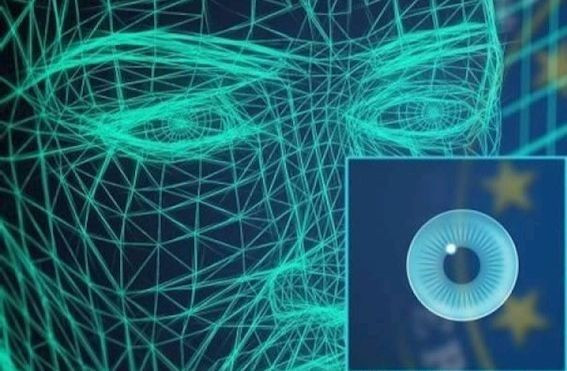
Accordingly, after receiving opinions from many NA delegates, the Ministry of Public Security has decided to add two extra groups of identification information into the National Population Database, namely ‘Other names’ and ‘Place of Birth’.
Other necessary information kinds like blood type can serve the tasks of emergency, building a backup blood source for disease consultation and treatment as well as for research activities, developing medical prevention plans.
Mobile phone number and email address collection is to ensure smooth communication between state agencies and citizens and to carry out authentication steps when creating or using an e-ID card as well as conducting a transaction with state units.
The Public Security Ministry further informed that the draft Identification Law has been adjusted and supplemented with regulations on collecting biometric information about DNA and voice. Accordingly, this action can only happen with the voluntary approval of citizens themselves or during the process of resolving either criminal or administrative cases that require appraisal of the subject's information to serve crime prevention and control.
Besides collecting fingerprints, the draft Law adds regulations on including iris information in the identification data to become the basis for comparison and authentication of each individual’s information; to support cases that fingerprints of a person cannot be obtained (cases of disability or deformed fingerprints due to either objective or subjective reasons).
The Ministry of Public Security stated that the above information is encrypted and stored inside the electronic chip attached to an ID card, including two parts of the information encrypted according to the International Civil Aviation Organization (ICAO) standards and the one integrated according to the card user’s needs.
Source: SGGP